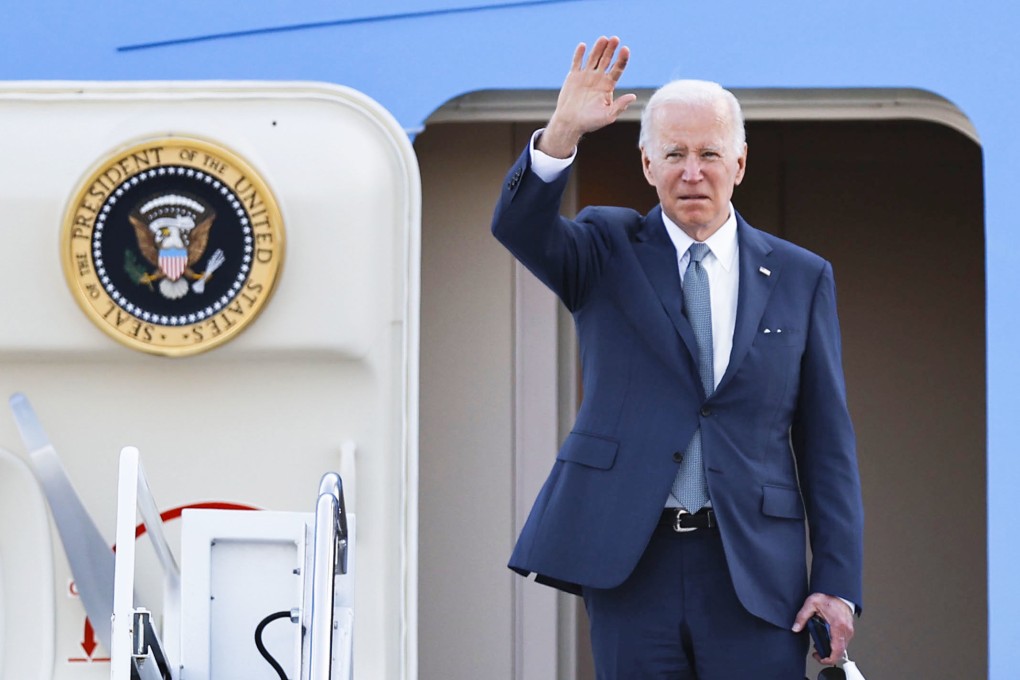Editorial | Biden is playing with fire with comments on defending Taiwan
- Eroding the one-China principle in such tense times is dangerous and could too easily backfire

Officials at times make ill-judged comments when caught off guard. But United States President Joe Biden is a seasoned politician with a deep understanding of his country’s policies.
His comment after talks with Japanese Prime Minister Fumio Kishida that Washington would militarily defend Taiwan if the self-governed island was attacked by Beijing is at odds with his country’s long-standing one-China principle.
It is not the first time he has made the assertion; so unambiguous a remark on such a sensitive issue is worrying in a tense geopolitical environment.
The White House was quick to clarify Biden’s remark, as it had to do after a similar comment last October, contending there had been no change in the US’ policy that there is only one China.
Beijing’s angry reaction was to be expected; Taiwan is an inalienable part of Chinese territory. Washington acknowledged that in forging diplomatic relations with China in 1979 and it is reflected in three joint communiques that are the bedrock of ties.
But despite that, amid anti-Chinese sentiment among American lawmakers, that position is seemingly being eroded by statements and actions such as visits to the island and ever-greater arms sales.
Earlier this month, the US State Department caused further outrage when it altered the wording on the Taiwan fact sheet on its website, removing a declaration that Washington does not support its independence.

